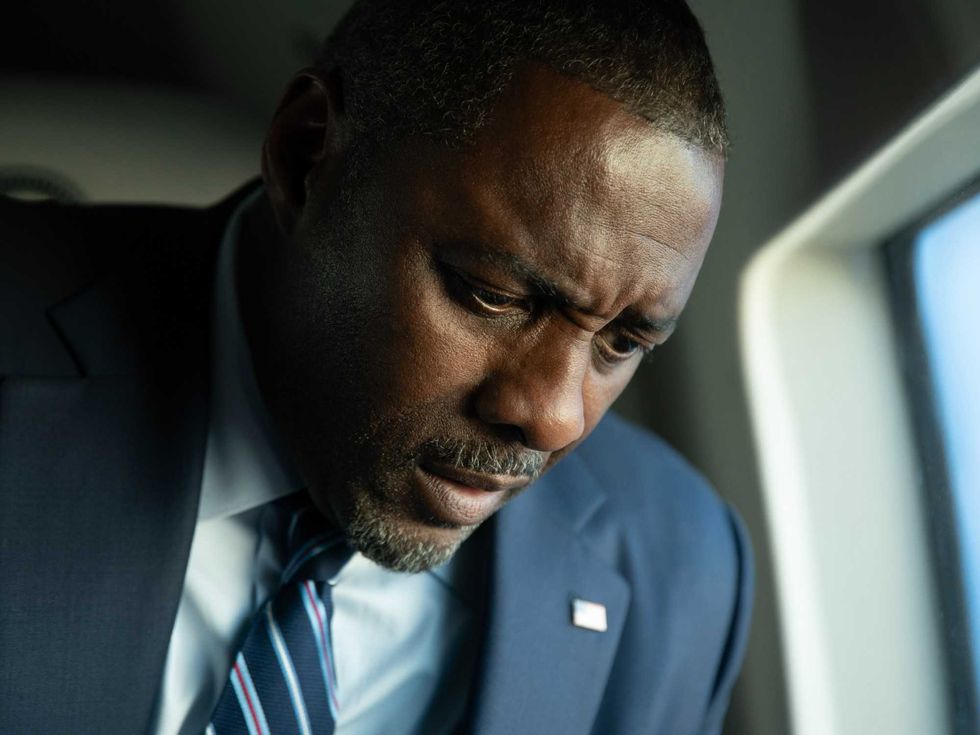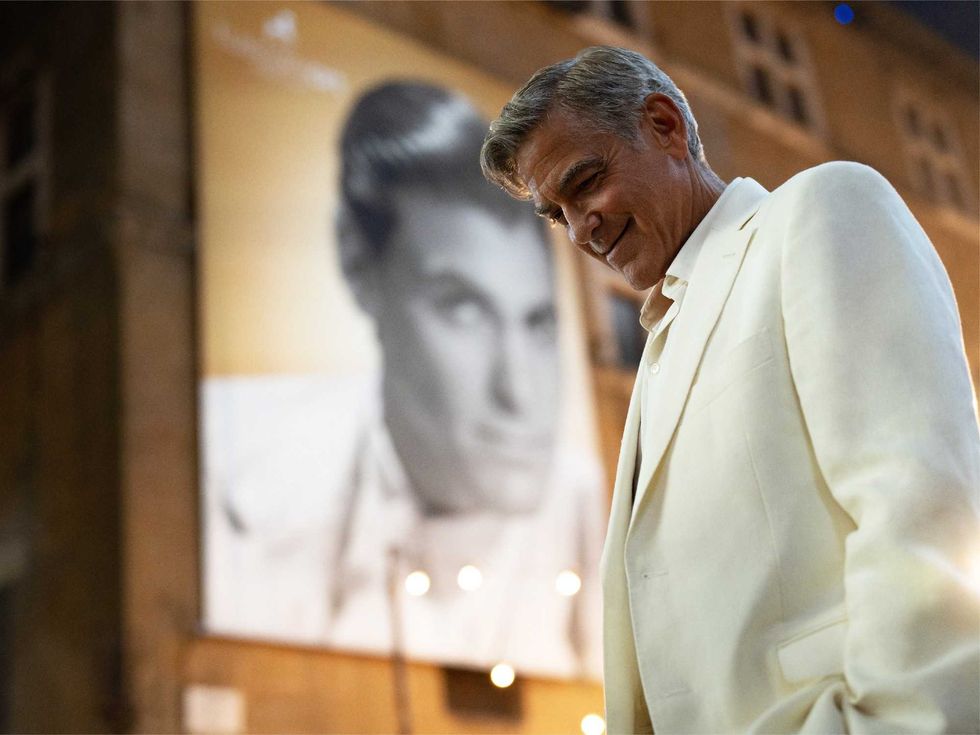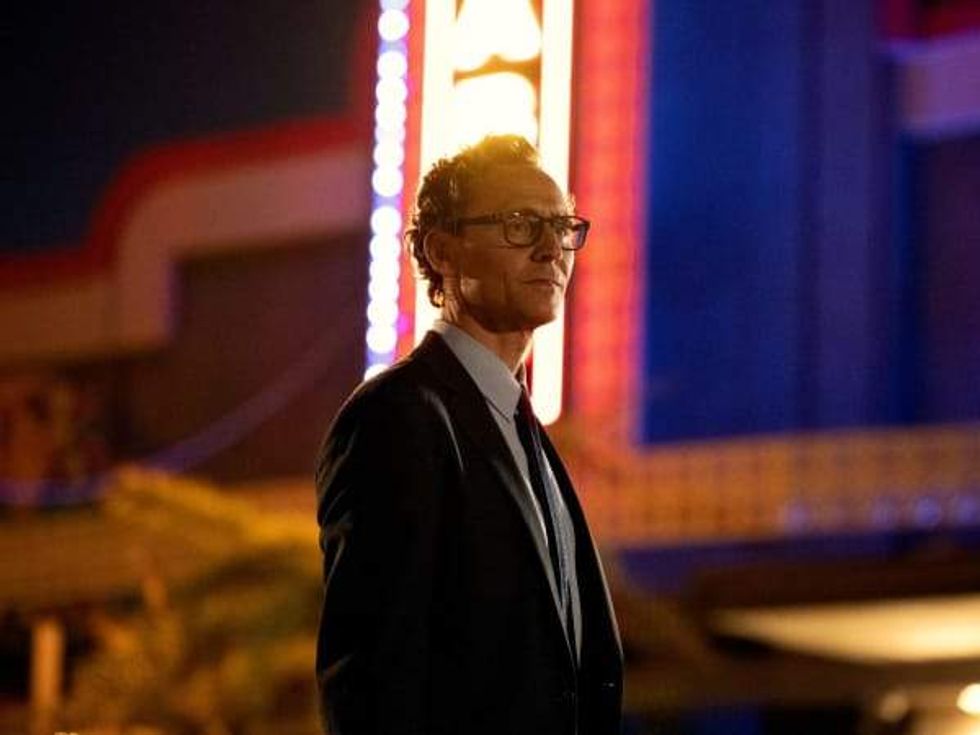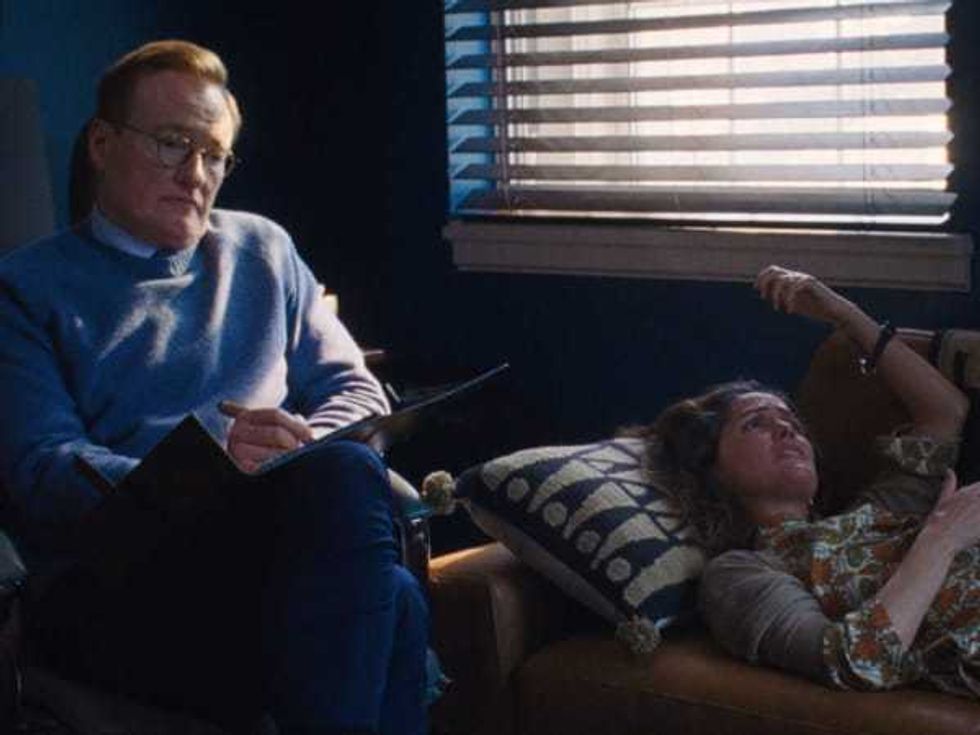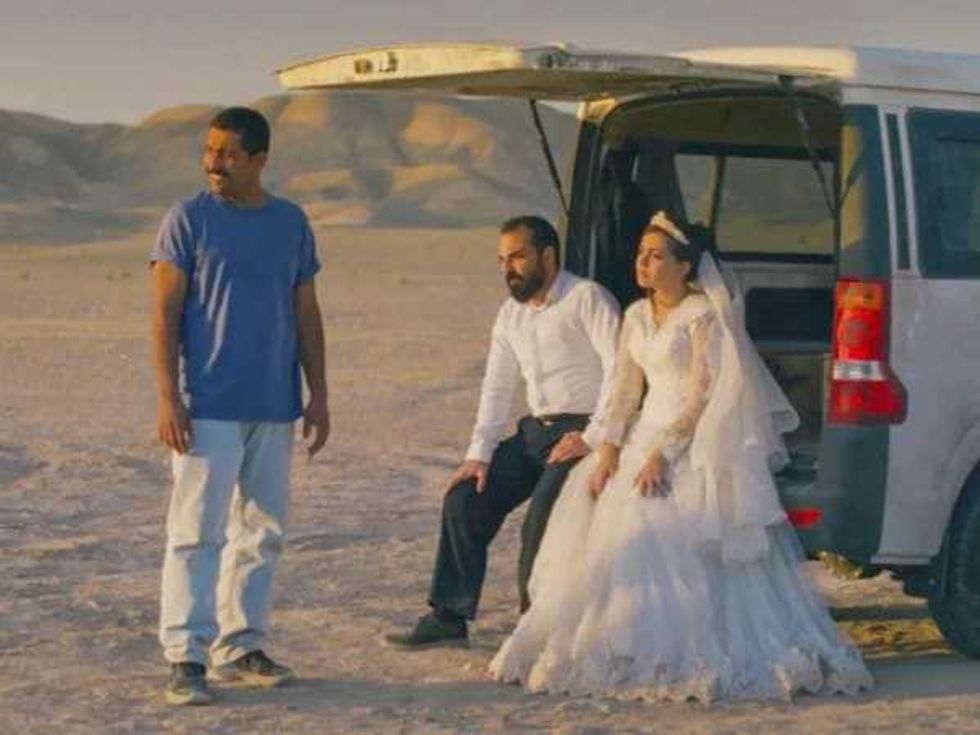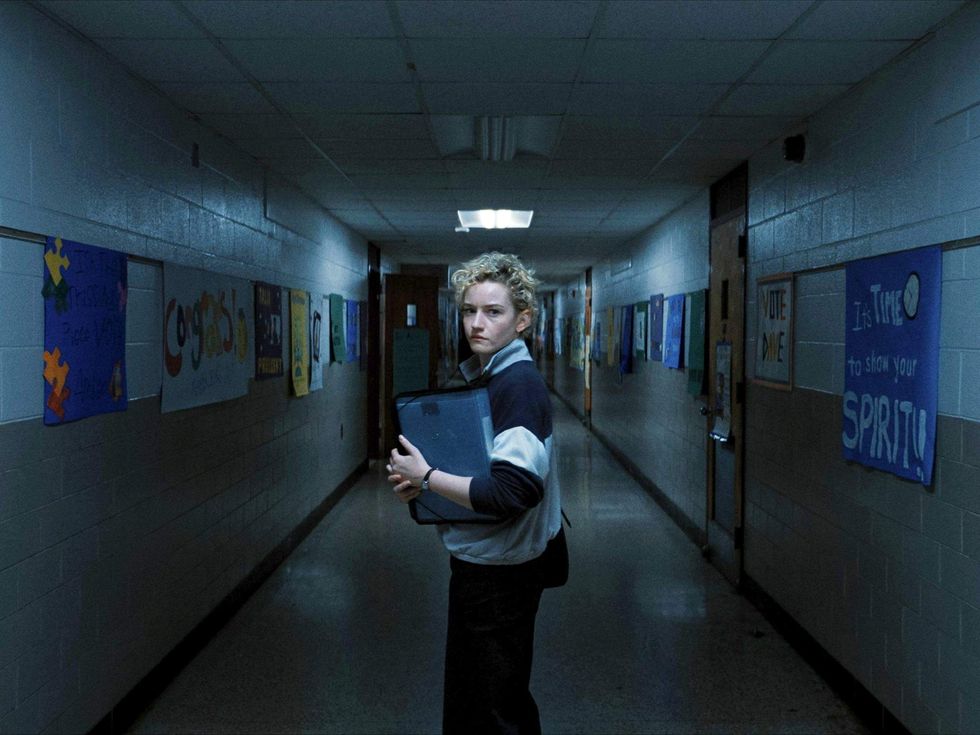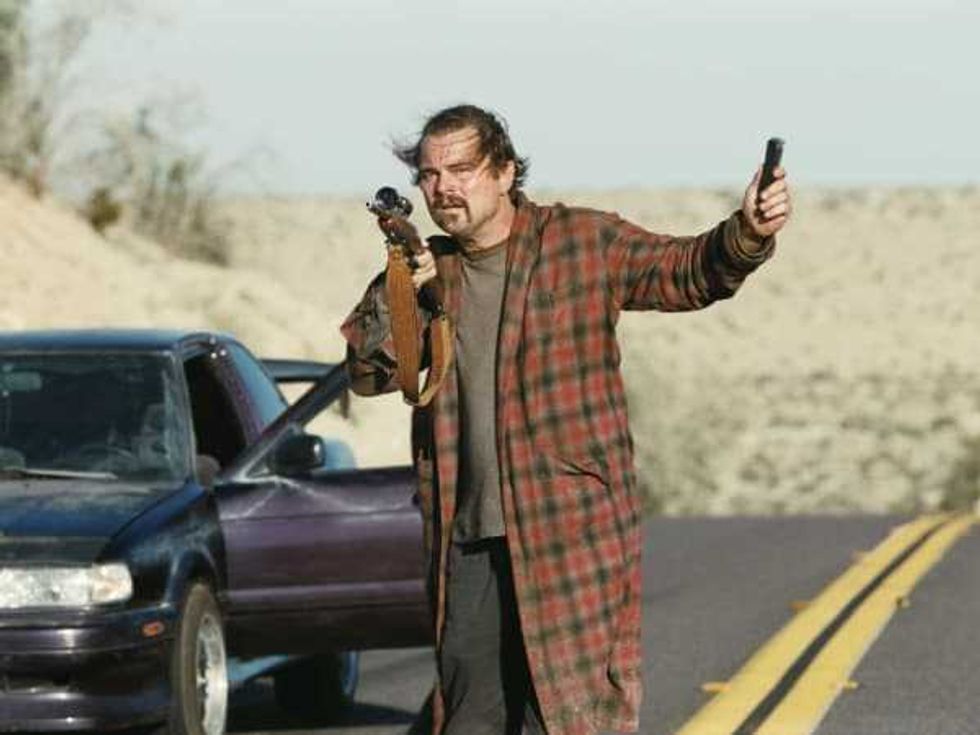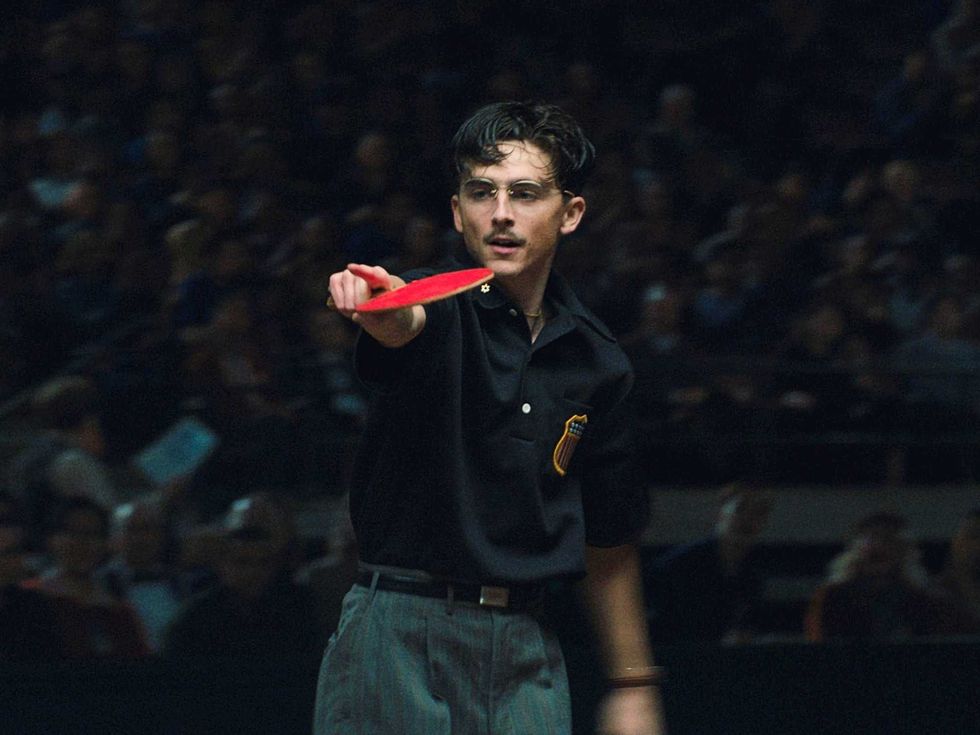The Arthropologist
Loving the math: Tom Stoppard's time-travel masterpiece defies physics at MainStreet
 A scene from "Arcadia" with Thomasina (Jennifer Gilbert) and Septimus (StevenLaing)
A scene from "Arcadia" with Thomasina (Jennifer Gilbert) and Septimus (StevenLaing) Waltzing away in "Arcadia," Hannah Jarvis (Shannon Emerick) and Gus Coverly(Aaron Tallman) in the background, with Septimus (Steven Laing) and Thomasina(Jennifer Gilbert) in the foreground
Waltzing away in "Arcadia," Hannah Jarvis (Shannon Emerick) and Gus Coverly(Aaron Tallman) in the background, with Septimus (Steven Laing) and Thomasina(Jennifer Gilbert) in the foreground From left, Bernard Nightingale (Philip Lehl), Hannah Jarvis (Shannon Emerick)and Valentine Coverly (Justin Doran) in Main Street Theater's production of"Arcadia" by Tom Stoppard
From left, Bernard Nightingale (Philip Lehl), Hannah Jarvis (Shannon Emerick)and Valentine Coverly (Justin Doran) in Main Street Theater's production of"Arcadia" by Tom Stoppard From Main Street Theater's production of "Arcadia," Septimus (Steven Laing) andLady Croom (Crystal O’Brien)
From Main Street Theater's production of "Arcadia," Septimus (Steven Laing) andLady Croom (Crystal O’Brien)
Do you like a little math with your theater? How about some poetry in your physics? Have I got a play for you smarties.
Tom Stoppard's Arcadia is holding court at Main Street Theater (MST) right now. As art and science make up my favorite two subjects, Arcadia gives me much food for the frontal cortex.
Here's a plot flash with lots of details left out. (I wouldn't want to deprive you of any fun, people.) The play is set in Sidley Park at the Coverly estate, an elegant English home in 1809 and the present. Yes, that's right, Stoppard likes time travel, so we have the oldsters and present-day folk moving among each other in the same play. Trust me, it makes the math and poetry blend better. Septimus Hodge, a close buddy of Lord Byron, tutors the precocious 13-year-old Thomasina Coverly, who is about 200 years ahead of her time in thinking.
The tween genius finds a flaw in Newtonian physics. What this girl could have done with a MacBook boggles my mind. Flash forward and it boggles Hannah Jarvis' mind too. She is a best-selling author who is studying the garden at Sidley Park, especially the mysterious hermitage, which appears to be missing one hermit. Enter Bernard Nightingale, an opportunistic academic, who is convinced that Lord Byron cavorted among these people, possibly committing murder. The other modern-day Coverlys include Valentine, a brilliant mathematician who is trying to make sense of Thomasina's notebooks, his oversexed sister, Chloe, and their mute brother, Gus.
How's that for a really sketchy plot synopsis?
But the real fun is watching this colorful clan sort it all out.
Philip Lehl, in his fourth Stoppard production, plays the arrogant Bernard. Lehl is also the co-founder of Brave Dog Players and just wrapped up Fault Lines at Horse Head Theatre. The busy actor doesn't think you need high SAT scores to decipher this play.
"It's a love story," insists Lehl. "Smart people fall in love too." He's spot-on, amid all the clever rhetoric just about everyone in this play is in love with someone.
If it's about love, it's also about romantic poetry, landscape design, the law of thermodynamics, Newton's Laws, Fermat's last theorem, relativity, iterated algorithms, chaos theory, the Enlightenment and the end of the universe. The steam engine may be in there somewhere too. All of that gets on Bernard's nerves and he has one of the greatest meltdowns in modern theater when he rants, "I can't think of anything more trivial than the speed of light. Quarks, quasars, big bangs, black holes, who gives a shit?
If knowledge isn't self-knowledge it isn't doing much, mate. Is the universe expanding? Is it contracting? Is it standing on one leg and singing 'When Father Painted the Parlour'? Leave me out, I can expand my universe without you." He even throws some of Byron's gorgeous language in there too. Score one for poetry.
Justin Doran, just coming off Driftwood, also at MST, is Valentine Coverly. "I get to make math sexy again," Doran jokes. "Stoppard puts the smartest people in the same room, but the human element is always present."
Sure, the math is a little tricky, but for Valentine it's the way he expresses himself." Plus, Valentine gets to blurt out one of the best tag lines ever: "What a great time to be alive, when everything you thought you knew is wrong."
Shannon Emerick, who plays the chilly but scholarly Hannah, fell in love with this play while a student at Yale. This is her third Arcadia, but her first Hannah. She played Thomasina twice. "It's one of those plays that speaks to me deeply," she says.
Hannah is obsessed with the secret of the hermitage, Valentine with Thomasina's notebooks and Bernard with the whereabouts of Byron. She wonders, does it all really matter? Hannah, although a bit of an emotionally distanced character, gets the kicker monologue of the play.
"Comparing what we're looking for misses the point. It's the wanting to know that makes us matter. That's why you can't believe in the afterlife, Valentine. Believe in the after, by all means, but not the life. Believe in God, the soul, the spirit, believe in angels if you like, but not in the great celestial get-together for an exchange of views. If the answers are in the back of the book I can wait, but what a drag. Better to struggle on knowing that failure is final."
Shortly after that tirade she waltzes with Gus, the mute kid. Go figure.
Well, the answers are not in the back of the book for anyone in his play. Neither science nor art wins out. Valentine comes the closest when he says, "The unpredictable and the predetermined unfold together to make everything the way it is. It's how nature creates itself, on every scale, the snowflake and the snowstorm."
For Emerick, Arcadia digs deep into the incredible joy of discovery. "This has meant so much for my heart and soul," she says.
There's a lot of chatter about Arcadia being Stoppard's masterpiece, some more that it's the greatest play of the late 20th century. It's definitely a play about big ideas that matter. To unravel some of those big ideas two post-show discussions are planned, with professor Terrence A. Doody of Rice University on Sunday, and Dr. John H. Lienhard, host of KUHF's Engines of Our Ingenuity, on May 27. The great thing about Stoppard is that he gives us so many open doors to crawl through whether we are carrying a book of Byron's poems or a differential equation. It's one heady play with a heart.
When I asked my son what he thought when it was over, he muttered, "I loved the math."

